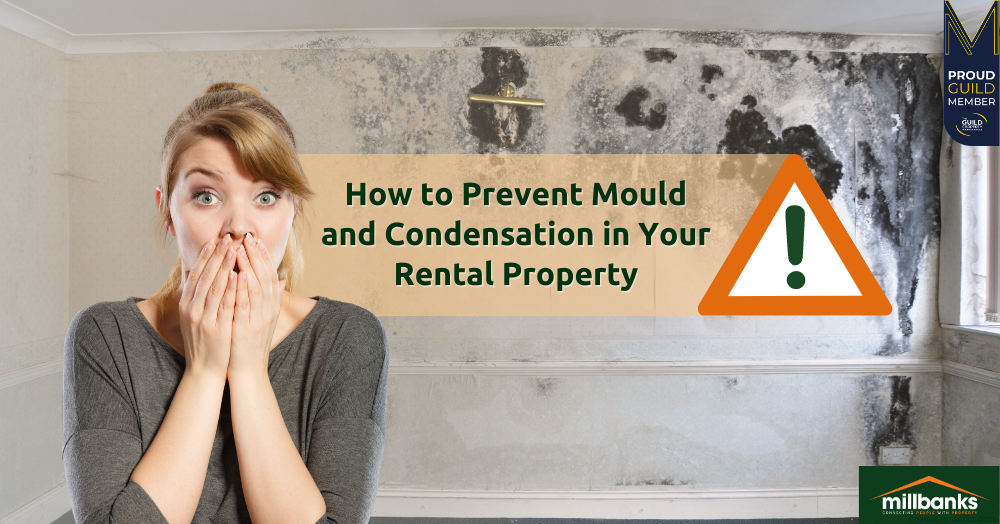

Get in touch with us
UK home sales agreed in 2025 tell a story of steady progress rather than drama. Many regions are seeing uplift thanks to realistic pricing and strong demand, while others are adjusting to affordability and expectations. The market is functioning, confident, and increasingly shaped by local conditions.
If you are planning to sell in Attleborough, timing depends on more than luck. Property type, bedroom count, pricing and marketing all shape the outcome. Some homes attract swift interest, while others linger. Understanding local trends and launching at the right price from day one can make the difference between a smooth move and a stalled sale.
A stylish modern end of terrace family home offering fresh contemporary living, stylish re-fitted bathroom and cloakroom suites, updated internal and external doors, a sleek kitchen/diner with garden access, and a spacious lounge—an inviting move-in-ready home, ideal for relaxed, modern family life.
Take a 'Virtual Tour', Exquisite Norfolk Countryside Retreat: A Versatile Barn Conversion on 2 Acres
An exceptional 4-bedroom barn conversion offering dramatic vaulted living space and adaptable accommodation. Stylish Aga kitchen, versatile reception rooms, offering flexible living all set on 2 acres with a Triple Bay Garage and breath taking panoramic Norfolk countryside views.